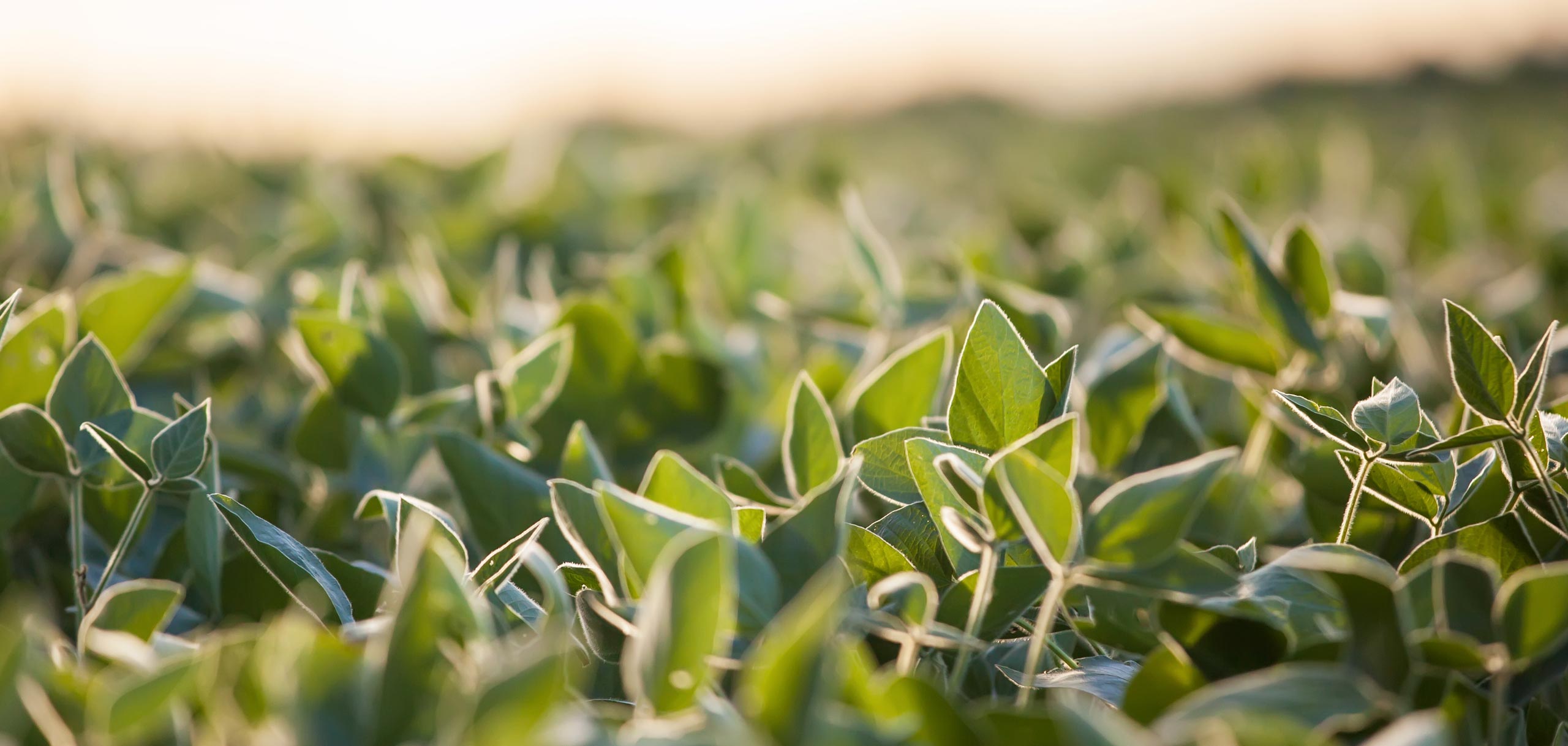USSEC, USDA Team Up to Talk Sustainability
- Category:
- General News
- Soy Foods
- Sustainability

USSEC’s partnership activities with the U.S. Department of Agriculture (USDA) paid off this year when Korea’s largest trade organization of food-grade soybean end-users announced they would require the U.S. Soybean Sustainability Protocol (SSAP) certificate. In its March 2016 tender announcement for 7,651 metric tons (MT) of U.S. non-GMO identity preserved soybeans, the Korea Federation of Tofu Cooperatives (KFTC) added the certificates to the list of documents suppliers must provide.
Wisconsin-headquartered DeLong Company, as well as Knewtson Soy Products in Minnesota, both USSEC members, are two of the 45 companies spanning 17 states that are pre-registered to use SSAP certificates.
DeLong’s Brandon Bickham, a USSEC director, says, “We are using the SSAP in Japan, Taiwan, Korea, and Vietnam as a marketing tool from our side and at our customers’ request in some instances.”
“The large customers seem to want everything that is available to them for advertising and food safety image,” says Wayne Knewtson, president of Knewtson Soy Products.
Launched in 2013, the SSAP allows U.S. exporters to efficiently and cost-effectively communicate the sustainability of U.S. Soy to buyers worldwide. In January 2016, soy exports certified through the SSAP hit a record two million metric tons in the 2015/16 marketing year. The SSAP provides U.S. Soy exporters with proof of, among other sustainability-related criteria, reductions in energy use, greenhouse gas emissions, and soil erosion of soybeans produced in the United States.
USSEC’s Market Access Program (MAP) - funded efforts include bringing a team of Korean soybean crushing and feed mill buyers to the United States to learn about the superior quality of U.S. soybeans as well as their sustainability. With USDA Foreign Market Development (FMD) funds, USSEC staff also conducts seminars and other trade servicing activities in North Asia and other locations where they highlight the sustainability of U.S. Soy.